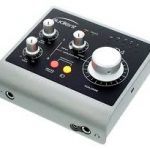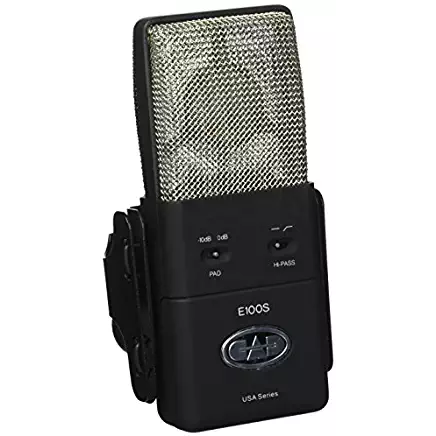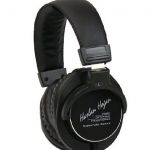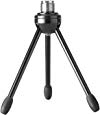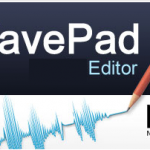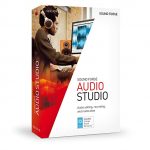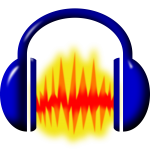When it comes to podcasting, your tools reach beyond just your computer, mic and audio software. One of the most important tools you can have is your ears. To improve production quality, you will need to train your ears on what to listen for. Training your ears is not something that can happen overnight, which is why it’s a process that consists of lots of practice, patience, time and actively involved in audio editing. If you are able to recognize what a podcast needs to sound better, your entire production can be improved.
There are different software available that can help podcaster train ears to hear better when it comes to audio mixing and editing — some are even free apps!
- App: Train Your Ears ($49, reg. $89)
Train your ears is a phone app that provides different exercises where they either change or add an equalizer to a track and you have to figure out what parameters were changed.
- App: Quiztones ($4.99)
Similar to the Train your Ears app, but offers other types of lessons such as training to figure out the right frequency, how equalizers were set up, or how gain was changed.
Golden Ears by Moulton Laboratories is a CD collection for intensive listening sessions. While it’s not very interactive like the apps, you are guided through an immense amount of content from frequencies, effects & processing, delays & decays, and master frequencies.
Studio Ears provides various exercises such as mix match, compressor match, chord match and reverb lessons.
- Website: SoundGym (free)
SoundGym is a free software that provides a community and listening exercises. Every day they send you a new “audio workout” and have games/training sessions set to your skill level.
- Listen To Music (free)
The most classic way to train your ears is by constantly listening to music and podcasts. The more you listen, the more you will be able to critically identifying different parameters like dynamics, frequency range, panorama, and balance. Shure, a microphone manufacturer, has a great blog post on how to listen critically to music and learn from it.
Final Thought
Spending a few minutes each day on one of the listening apps mentioned in this article will help train your ear to create high quality and professional podcasts. Essentially, if you want your podcast to sound as best as possible, you have to know what to listen for. Over editing or not editing enough, can get in the way if you taking your podcast to the next level.


